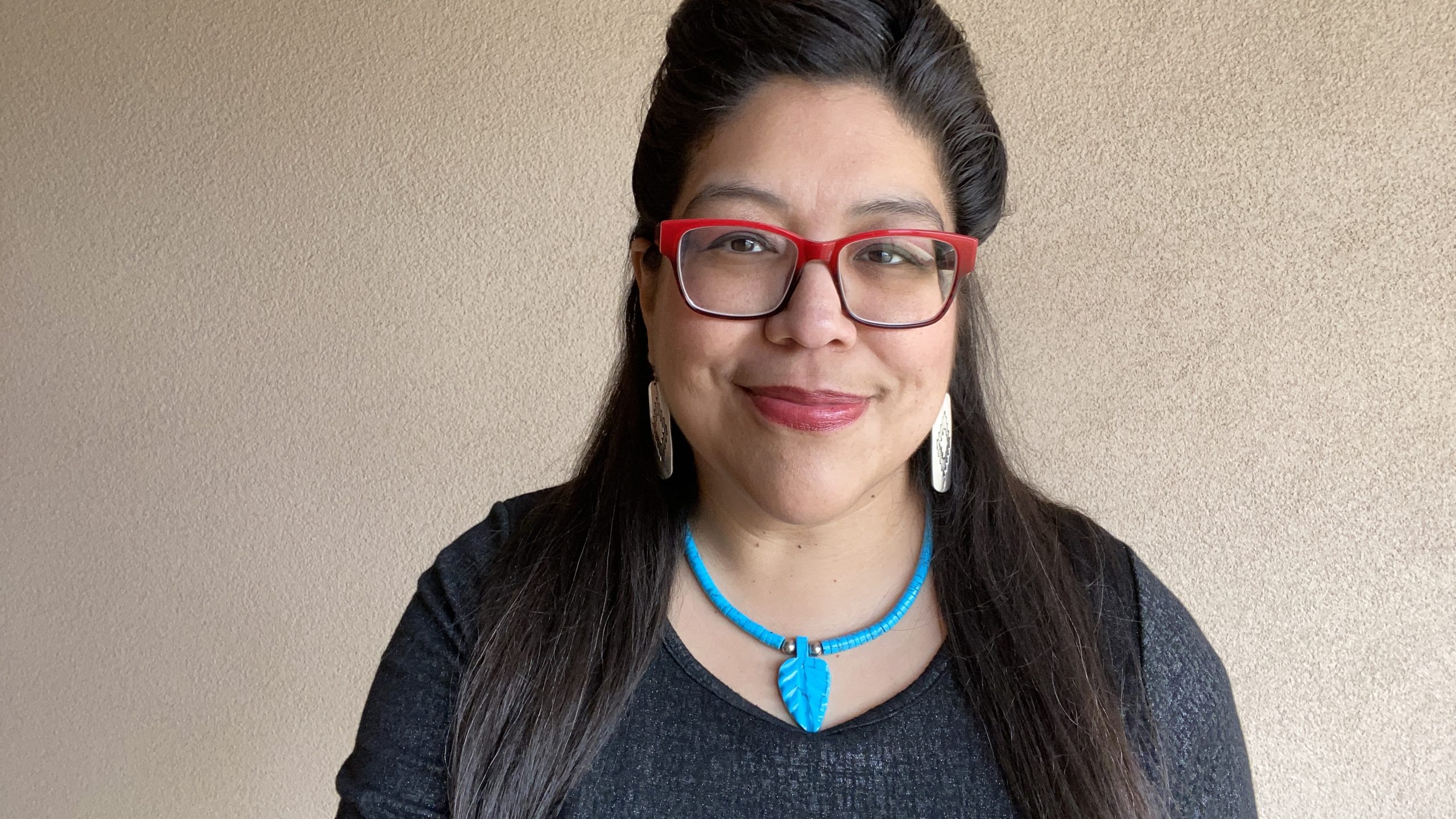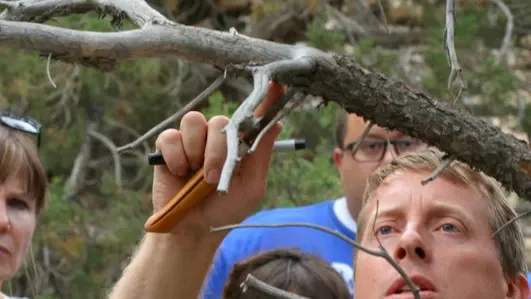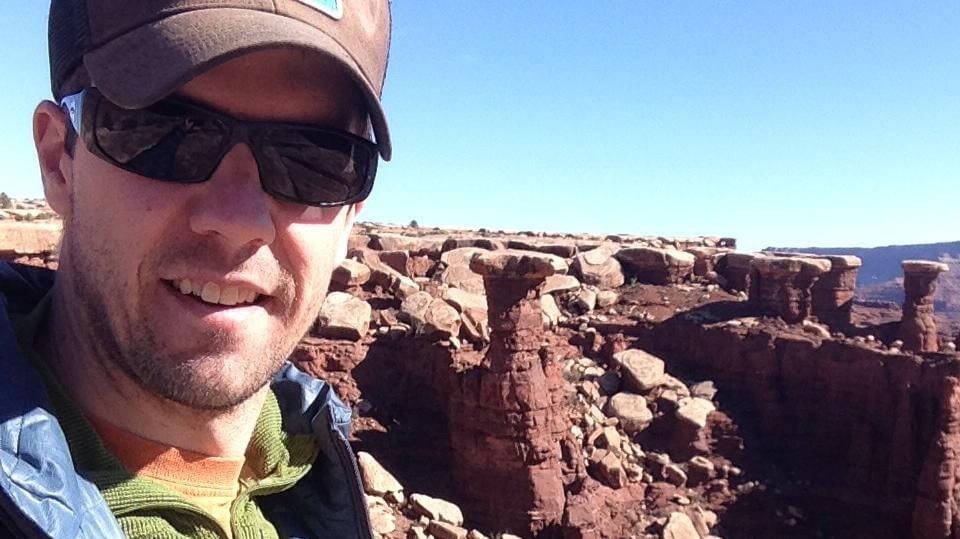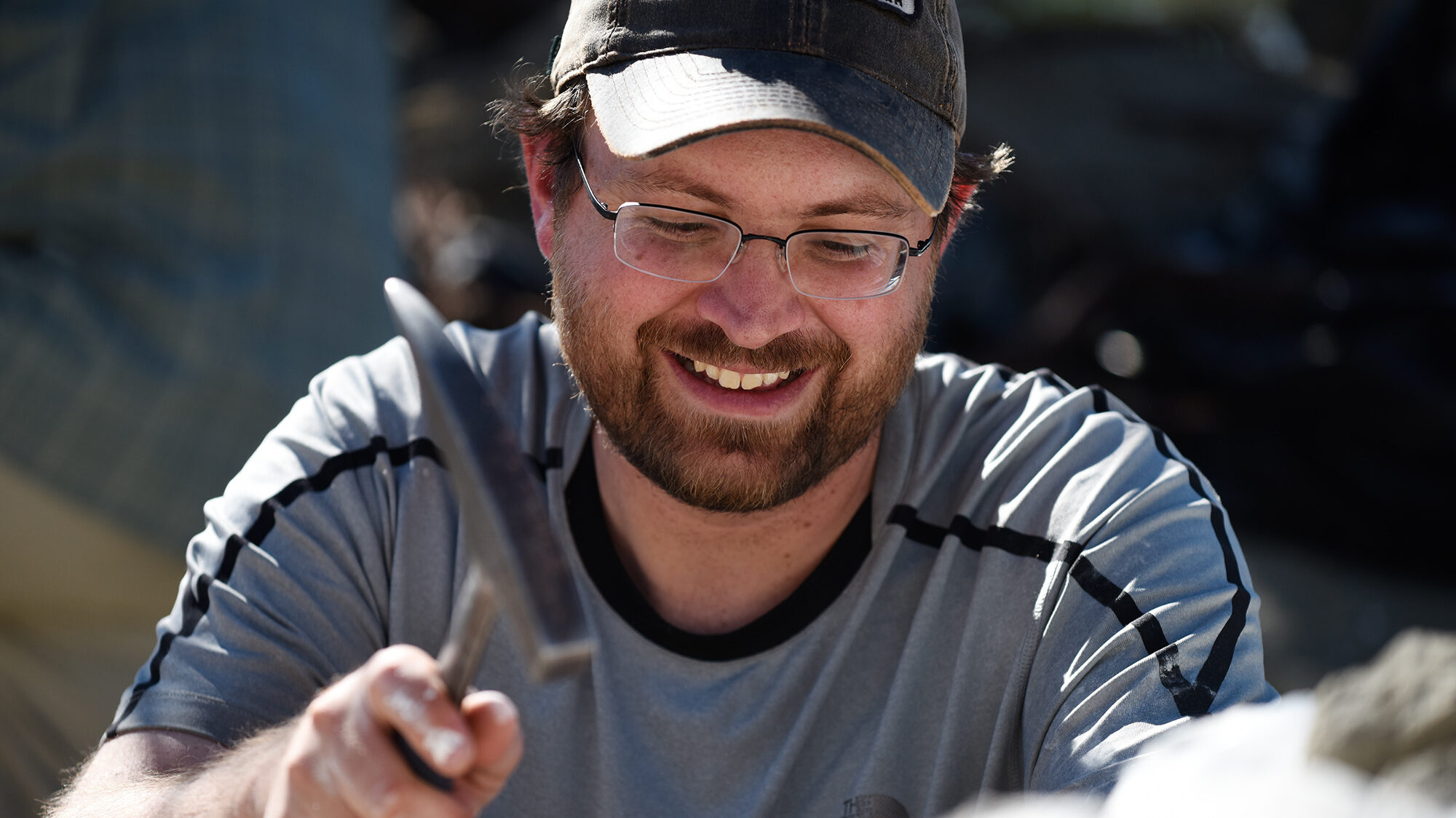Some information may be outdated.
Award-winning journalist Tara Gatewood understands the power of Indigenous radio. As the longtime host of the live talk radio show Native America Calling, Tara was part of a communal space where native voices from across the U.S. and Canada connected.
Science Moab talked with Tara (Pueblo of Isleta/Diné) about the show and her work as the director of the Fund for Indigenous Journalists Reporting on Missing and Murdered Indigenous Women, Girls, Two-Spirit and Transgender People (MMIWG2T) for the International Women’s Media Foundation.
Science Moab: Can you explain what Native America Calling is, and what you talk about?
Gatewood: In a nutshell, Native America Calling is a place for important dialogue. The phone lines are open, people are invited into the circle, and conversations connected to Native nations take place. I often tell people that Native America Calling is simply anything and everything under the sun, including the sun. Conversations range everywhere from our community, cultural things, to pop culture, to what’s going on in terms of the leadership of our tribal nations, and even Indigenous connections around the planet. But I think the big thing to understand is it’s creating a platform for Indigenous voices and knowledge that for many years have been left out of the conversation and suppressed.
Science Moab: I’d love to hear some of your thoughts on the importance of ensuring Indigenous voices have platforms in journalism.
Gatewood: My hope goes back to my core value of honesty. Honest reporting and storytelling happen because of deep digging and fact-finding work. For a long time, that’s been missing, because Native people have not been given certain opportunities in certain positions. I see it as more storytellers being empowered. You are hearing from a voice that has been marginalized, a voice that was told not to exist. Any time we Indigenous people are telling stories, it is not only for right now, it’s also for the future, and for correcting the past. Our range of stories is so important because it reveals the emotions and the culture of who we are today as Indigenous people, which connects to all the people that came before us. It also gives you a duty to think of what you’re doing today, so generations into the future can look back and think of these things as well.
Science Moab: What do you mean when you talk about resiliency in Indigenous communities?
Gatewood: I think resiliency is just another form of who we are. And I’ll say this a lot, but our resilience is huge. A lot of times, it’s reduced down to a couple of things…but it really ties to words that we use in our Indigenous languages which talk about the life we’re living and the potential life that we can have. This word really opened up more for me recently: I’m a part of a project that has been asked to take a look at ancestral pottery, and we were asked to take pottery from generations past and reflect. I came across a piece that dated many generations back and had connections to my own community and spent some time with this pot. The shape of this vessel is reminiscent of the type of vessels that we use currently today, as Indigenous people, to do our work and carry one of the most precious items in existence: water. Looking at this piece of history really made me think and wonder about the life those ancestors were living. Just thinking of the mastery, the science, the physics, that went into creating this piece to just give it its beautiful symmetrical form, and then the science that went into putting this piece through the fire, so that it could come out. Knowing the kind of work that went into this piece so that I, years later, could be touching and holding and thinking about it, goes hand in hand with our history. So being able to have this kind of conversation with pottery, by thinking back and wondering about the people who did this, reminded me that time can pass and still these things continue to exist. I’m seeing things that I see in my daily life and things that I do to be a part of my community and know that it extends back. To keep something like this through time definitely takes a lot of resiliency.
Science Moab: You’ve begun a new role with the International Women’s Media Foundation. Can you share a bit about your work there?
Gatewood: For nearly 16 years, our people have shared their stories with me directly in our talking circle in Native America Calling. So this network of amazing humans has prepared me for this role in a special way because they’ve come to me with their truth and shared things that they’re living in their communities. They have taught me how to be honest and humble and the importance of our knowledge as Indigenous people who care about our communities.
The International Women’s Media Foundation is embarking on a new initiative to bring more understanding and support to the communities who are all affected and connected to the issue of missing and murdered Indigenous women, girls, and Two-Spirit people. My role is to create opportunities for journalists to do better reporting on this issue and bring the community forward, and also to voice how much this issue has impacted us. There are a lot of reasons why it is manifested and perpetuated. We’re giving journalists the tools they need to tell this story properly. People need to understand how much it affects our community. So it’s also a space for community members to share how much this has affected them. It’s important to take a moment like this to really think forward and really think about intention and really think about making our spaces better.
Science Moab is a nonprofit dedicated to engaging community members and visitors with the science happening in Southeast Utah and the Colorado Plateau. To learn more and listen to the full interviews, visit www.sciencemoab.org. This interview has been edited for length and clarity.
Appreciate the coverage? Help keep local news alive.
Chip in to support the Moab Sun News.





